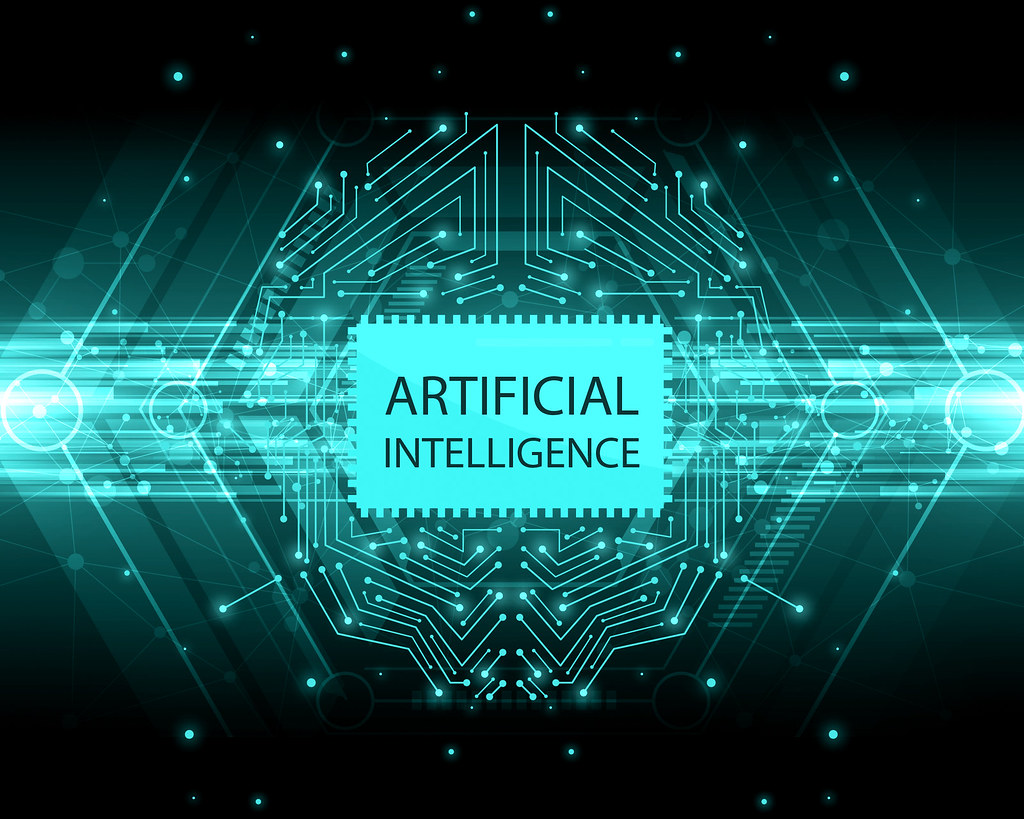A BEGINNER’S COURSE TO ARTIFICIAL INTELLIGENCE
AI Demystified
You study the fundamental concepts and methods used in the field of AI, as well as practical skills and personal development.
Duration: 9 weeks
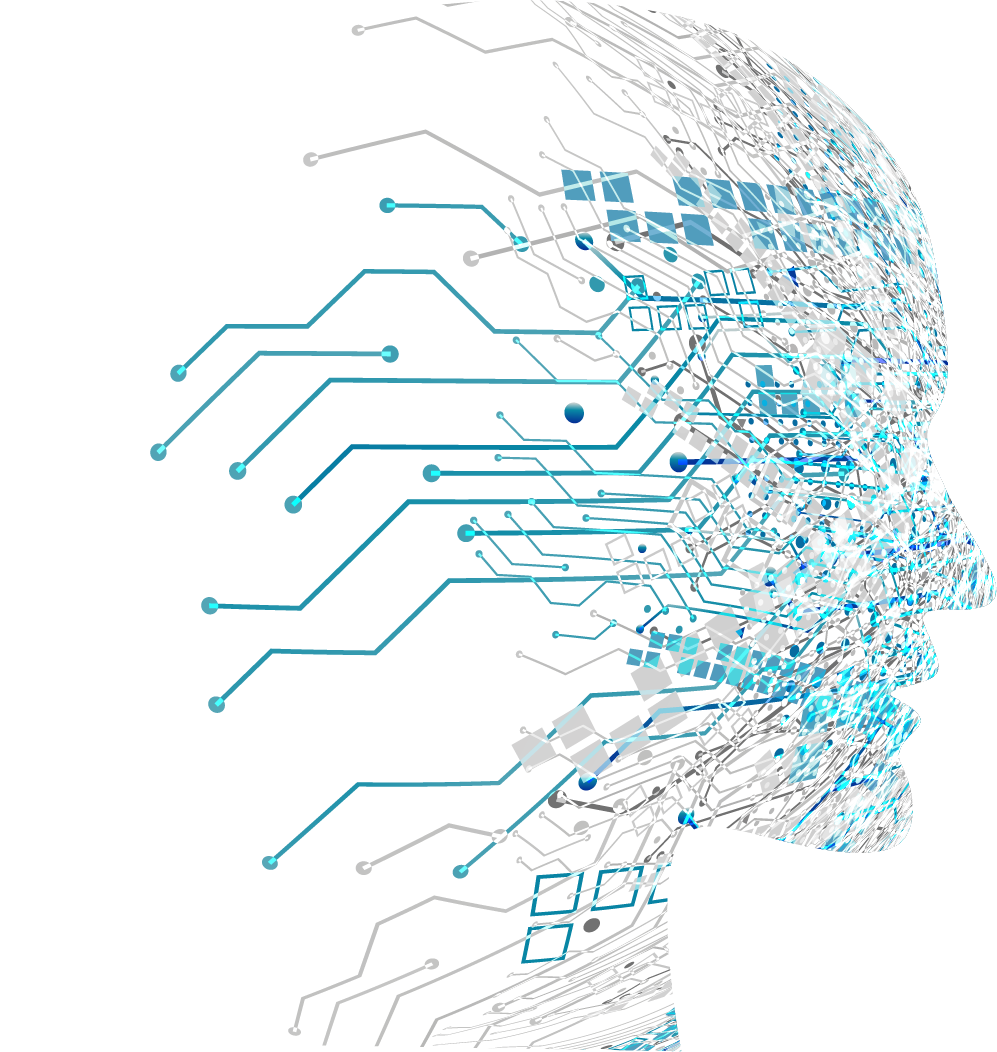
Lesson Plan
1. Introduction to AI and its everyday applications.
- What is AI and its everyday applications? (e.g. chatbots, voice assistants, personalized recommendations)
- Building a machine learning model with Google Teachable Machine to recognize images of animals.
- Practicing interview skills with ChatGPT by answering common interview questions.
- Staying informed and engaged with AI developments.
2. Using AI for personal productivity.
- Virtual assistants: manage tasks, schedule appointments, and provide reminders as well as analyze a person’s calendar and suggest the best times for meetings, appointments, and other events based on availability and preferences.
- Email management: AI can be used to prioritize and categorize emails, identify important messages, and provide suggested replies.
- Task management: AI-powered task management apps, such as Todoist or Any.do, can automatically prioritize tasks based on deadlines, level of importance, and other factors.
- Time tracking: AI-powered time tracking apps can help users understand how they are spending their time and identify areas for improvement.
3. AI in communication.
-
Content creation: AI can be used to generate written content, such as news articles or social media posts and emails based on certain parameters or topics.
-
Speech recognition: AI can be used to transcribe speech into text, which can be helpful for people who are deaf or hard of hearing, or for those who need to take notes during meetings.
-
Sentiment analysis: AI can analyze the tone and sentiment of written communication, such as social media posts or customer feedback, to help businesses understand how their customers feel about their products or services.
-
Voice assistants: AI-powered voice assistants can be used to control smart home devices, make phone calls, and perform other tasks through voice commands.
4. AI in health and fitness.
- Personalized health and fitness plans: AI algorithms analyze health data for personalized workout and diet plans.
- Health monitoring and management: AI-powered tools track vital signs, warn of potential health problems, and manage chronic conditions.
- Virtual coaching and support: AI-powered virtual coaches offer personalized guidance, motivation, and support for cost-effective health coaching.
- Personalized medicine: AI creates personalized treatment plans based on individual patient data, improving efficacy and reducing side effects.
5. AI in finance.
- Personalized financial advice: AI recommends investments and savings based on customer financial data.
- Trading and investments: AI analyzes financial data to predict stock prices and investment opportunities.
- Risk management: AI identifies portfolio risks and minimizes potential losses.
- Algorithmic trading: AI automates trading decisions in real-time, improving efficiency and reducing costs.
6. AI in education.
- Adaptive Learning Platforms and Virtual Tutors: use power algorithms that analyze your learning style, strengths and weaknesses, and past performance data to create a customized learning path.
- Language Learning: modern platform adjust the difficulty level of the study content and focus on specific grammar or vocabulary based on the student’s strengths and weaknesses.
- Enhancing Learning Experience: AI can generate customized language exercises based on your level and progress to help improve your language skills. Chatbots can also assist you in preparing for exams by answering your questions and providing personalized feedback.
7. AI and Creative Applications.
- Use AI to generate art and music by creating your own AI-generated pieces by Google’s Magenta.
- Brainstorming, idea generation and content creation: AI-powered content creation tools like Articoolo or Wordsmith can help teams collaborate on writing projects, generating written content automatically based on user input and data.
- Designs: Canva and Adobe Creative Cloud use AI-powered features to suggest design ideas, optimize images, and automate repetitive tasks.
8. AI in shopping and travelling.
- Price comparison: compare prices from different retailers and find the best deals with Google Shopping.
- Virtual try-on: measure yourself with a phone camera and find the perfect clothing based on body measurements.
- Visual search tools: search for items by analyzing photos. Recognize objects, landmarks, text, and get relevant information and search results.
- AI-based travel recommendations: use travel search engines to get personalized travel recommendations, including flight and hotel suggestions, based on your budget and travel preferences.
9. More Ways to Earn with AI
- Make money with AI without coding experience by building a simple chatbot for small businesses using Dialogflow.
- Conduct market research and data analysis using AI tools to identify trends and predict future sales.
- Optimize social media posts and email subject lines for better engagement.
How You Can Apply the Course
Improving Your Life with Practical Applications of AI Tools
Access Information Faster
AI tools can provide quick and efficient access to structured information, such as customized articles on demand, news updates or trends.
Use AI Assistants
AI tools can offer personalized assistance in various areas of life, including scheduling appointments, managing emails, making phone calls, and even providing guidance on fitness and nutrition programs.
Enjoy Personalization
AI tools can analyze vast amounts of data to provide personalized recommendations for products or services based on personal preferences, search history, and past interactions.
Improve Learning
AI tools can provide tailored learning experiences, such as customized learning paths and feedback based on individual learning styles and needs.
Increase Efficiency
AI tools can help you work more efficiently by providing suggestions for improvements in workflow and optimizing processes.
Manage Finances Better
AI-powered financial assistants can help with tax preparation, invoice management, and even provide insights on ways to save money.
Some of AI Tools We Will Explore
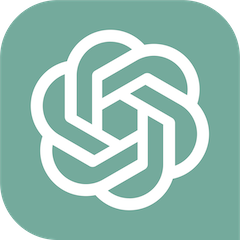
Services by OpenAI: ChatGPT and DALL·E 2
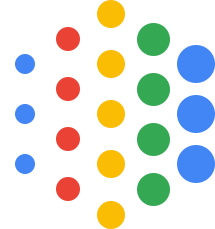
AI Services by Google: Assistant, Lens, Shopping

Text-to-Speech Convertion: Murf AI

Text-to-Image Convertion: Deep AI
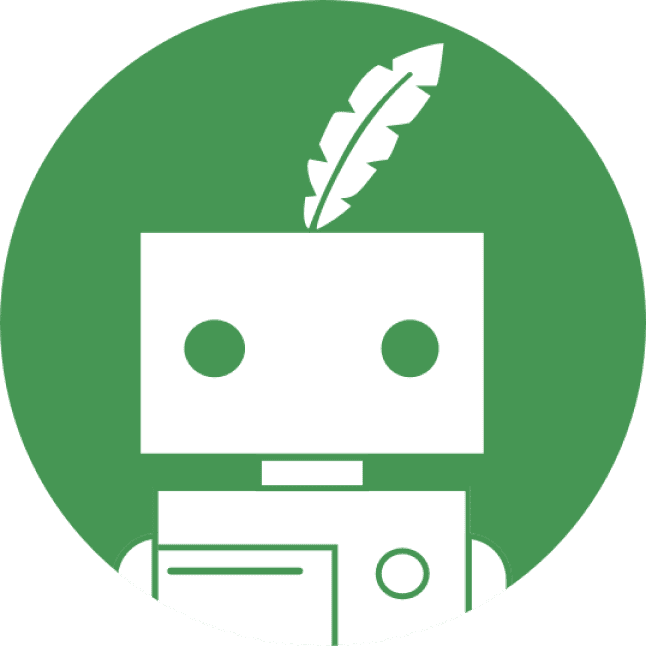
Writing and content creation: QuillBot

